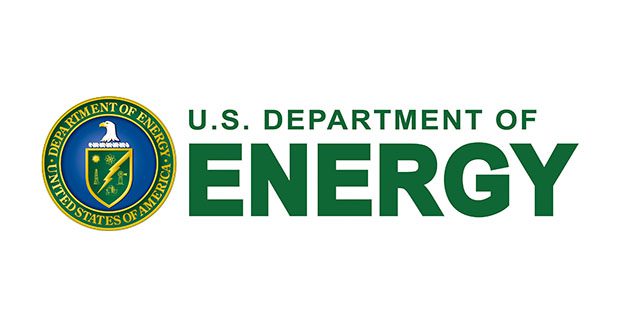Binghamton Awarded Energy Research Grant

The NorthEast Center for Chemical Energy Storage (NECCES) at Binghamton University has been awarded a $12.8 million, four-year grant. The grant is one of 32 grants awarded for a total of $100 million to fund Energy Frontier Research Centers (EFRCs). It will help accelerate the scientific breakthroughs needed to build a new 21st-century energy economy.
“We are mobilizing some of our most talented scientists to join forces and pursue the discoveries and breakthroughs that will lay the foundation for our nation’s energy future,” U.S. Energy Secretary Ernest Moniz said. “The funding we’re announcing today will help fuel innovation.”
The NECCES at Binghamton University is directed by M. Stanley Whittingham, distinguished professor of chemistry and of materials science at Binghamton. The grant is one of the largest federal research grants Binghamton University has received.
“Stan Whittingham is a pioneer in the development of lithium ion batteries and his research has already had a phenomenal impact on our society,” said President Harvey Stenger. “Receipt of this highly competitive grant will enable Stan and his colleagues to continue to push the boundaries of energy storage and battery life, and underscores the value of the work Binghamton University researchers are involved in every day.”
More than 200 proposals were submitted to the Department of Energy for this second round of highly competitive awards for EFRCs to enable fundamental advances in energy production, storage and use.
Partner institutions include Rutgers, MIT, Argonne National Laboratory, Cambridge University, the University of California at San Diego and at Santa Barbara, the University of Michigan, the University of Illinois-Chicago and New York University.
